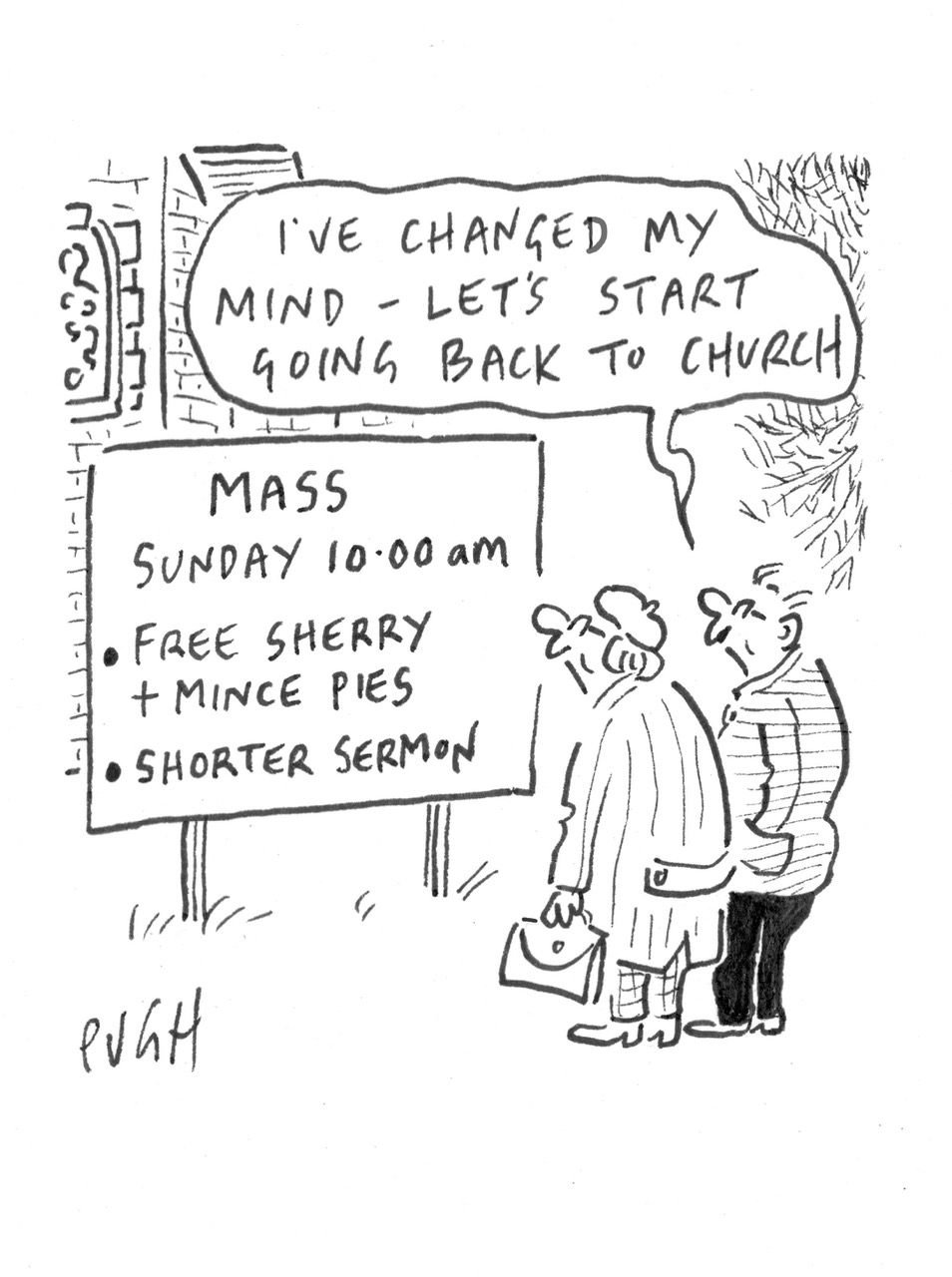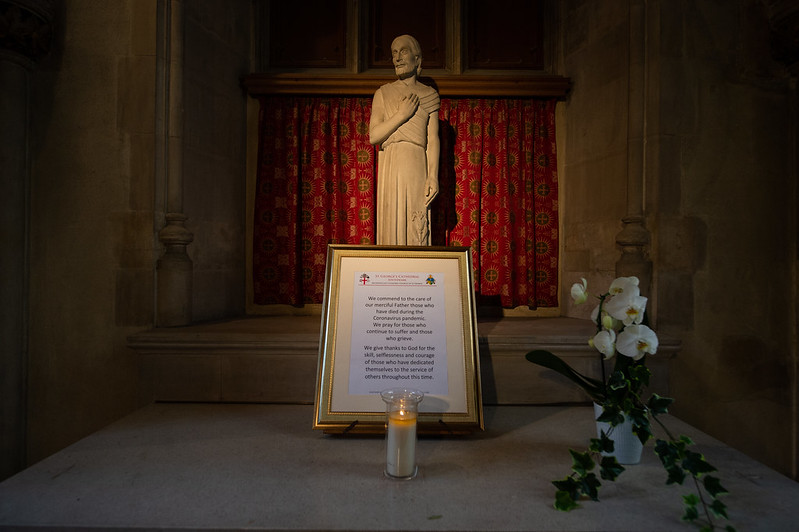Two separate surveys on how the Church will emerge from the Covid pandemic, carried out among church-goers in Britain and in Ireland, predict a significant drop in post-Covid church attendances.
A survey commissioned by the Iona Institute, and carried out by Amárach Research, found that 53 per cent of pre-Covid Mass-goers in Ireland have not yet returned while 47 per cent say they are back regularly attending Mass.
However, 23 per cent of respondents said they had no intention of returning to Mass. That represents a 12 per cent drop in regular Mass attendances in two years. Among former regular Mass-goers, 46 per cent said they did not know whether or not they would ever return to Mass.
Survey respondents cited a dislike of wearing masks and a weakening of faith as some of their reasons for not yet returning to Mass.

Separately, more than two-thirds of Christians across the UK have said they will not return to church with the same regularity as prior to the pandemic according to a joint Premier and World Vision survey by Savanta ComRes.
The Premier and World Vision survey of 2,016 people looked at the impact on church life of the Covid pandemic and at how the church might evolve in a new post-Covid environment.
Just over one third of respondents, 36 per cent, said they fully expected to return to church with exactly the same regularity as pre-Covid.
Among those aged 65 and older, 59 per cent said they intend to return as before, but only 32 per cent of their younger counterparts expected to do so with the same frequency. Among those aged 65 and over, 41 per cent also claimed that church leadership failed to offer pastoral support by phone or in person during the pandemic, despite the impact of the restrictions on many people’s mental health and wellbeing.
Almost half of all respondents, including the 18-34 cohort, said their prayer life had actually increased during the pandemic and that it had helped them cope.
On the question of what form the online church will take and how will it compete with the physical church, less than a third of respondents believe church life will go back to how it was before, with no significant change.
Almost two thirds of respondents agreed that online church is here to stay, in parallel with a permanent change that will blend physical church with virtual church.
Some 68 per cent of respondents said online services were a valuable way of including more people in church life, such as the housebound or those serving overseas.
On the financial implications of the pandemic, over half of all respondents said their church had struggled financially as a result of Covid and exactly the same percentage believed their finances had, in fact, deteriorated.
Northern Ireland, as a region, appear to have struggled least in the survey with 41p er cent attesting to their church having financial difficulties compared to the UK average of 56 per cent.
Meanwhile, the bishops in Ireland have decided to continue their suspension of the Sunday obligation following a recent spike in Covid cases and the emergence of the Omicron variant.



 Loading ...
Loading ...